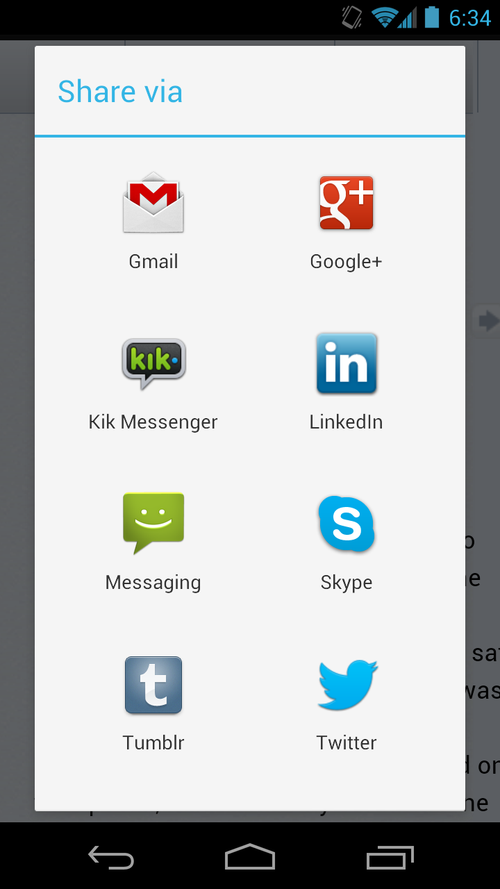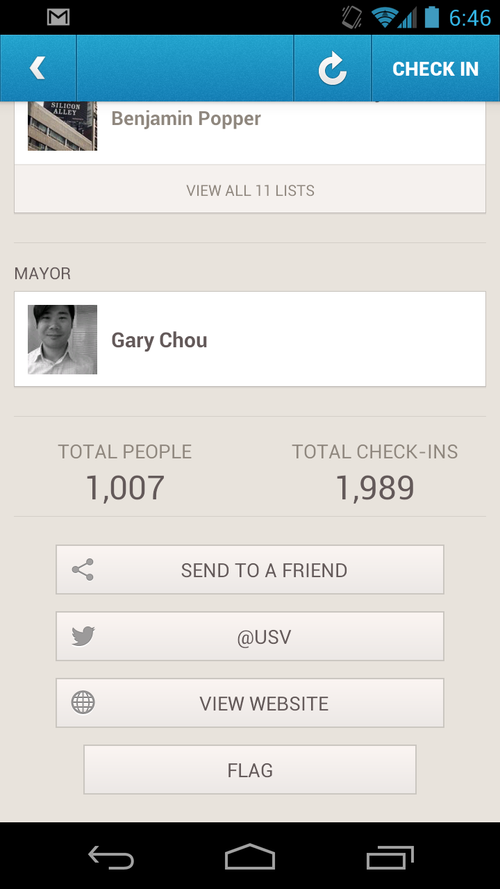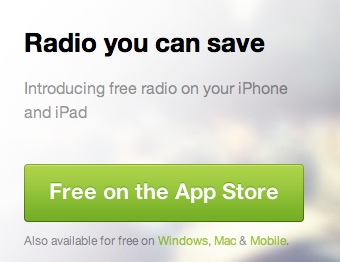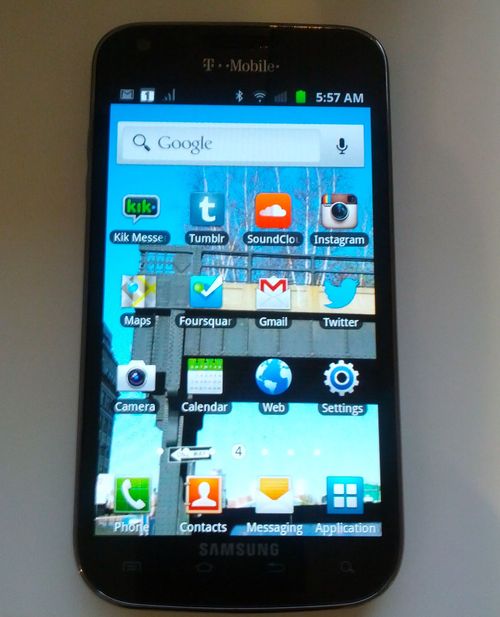Now we start the guest post part of this MBA Mondays series on People. First up is AVC regular Donna White. In this post, Donna explains that recruiting is fun if you approach it the right way. I know many founders who don't really enjoy recruiting so this post is for all of you.
———————————————–
Recruiting is Fun!
My husband convinced me to use this title for my post. This is his observation of how I approach my work as an executive recruiter.
I can honestly say that I do find recruiting to be fun. Perhaps this why it is still fresh and interesting to me after close to two decades. Don’t get me wrong, recruiting is hard and strenuous work. I probably don’t have to tell most of you this. Yet, the more challenging it is, the more I seem to enjoy it.
This is one of the many reasons I am attracted to recruiting for startups where you have to hold both the present and the future in your head at the same time and, simultaneously, be both visionary and pragmatic, among other challenges.
Here is an excerpt from a Twitter exchange that I had with AVC regular, Aaron Klein, Founder/CEO of Riskalyze:

Aaron’s words represent what I enjoy most about recruiting. It wasn’t until after this exchange that it occurred to me – these words could also describe running a startup: challenging, exhilarating, high stakes.
As I thought about writing this post, I wondered if, in general, people for whom recruiting is part of other responsibilities have a different perception than I do as a professional recruiter. I used the Honestly Now site (Tereza Nemessanyi, Founder/CEO) and Quipol (Max Yoder, Founder) to do some cursory research. As of this writing, the votes on whether or not people enjoy recruiting are about 50/50 from both sources (excluding those who chose “none of the above”). Perhaps, not conclusive, but indicative.
I thought it would be interesting to bring the Quipol over to this post so that AVC readers could also chime in:
In the end, it is not my enjoyment of the work of recruiting that represents my true motivation.
The true motivation and why it is a passion is summed up in a statement made by Fred in another MBA Mondays post earlier in the year: “Building the business largely means building the management team. They are one and the same.” I have a passion for helping entrepreneurs build businesses.
Fred’s words represent why many of you who are founders and/or CEOs have shared in the AVC comments that recruiting is one of the most important things that you do. In questioning William Mougayar (Founder/CEO, Engagio) about his underlying motivations in recruiting, one of the reasons that he gave was: “I need to find the best talent that can give me a competitive advantage.”
It is not a matter of whether or not you enjoy it, it is something that needs to be done. The life of your company depends upon it. As Aaron said, the stakes are high.
There are a number of directions that I could take from here, but I am going back to the beginning of the post. It would be understandable if you thought “So what! Who cares whether or not recruiting is enjoyable. It just needs to get done.”
Even for me, as someone who does enjoy recruiting, the enjoyment in itself is not what motivates me. However, enjoyment is a huge contributing factor toward excelling in my work and approaching a client’s hiring need with excitement and enthusiasm. I believe that doing something that you enjoy turns out a better quality product on a more consistent basis. Attitude and perspective in recruiting influence results and may even produce a better team in the long run.
Some ideas for transforming your perception of recruiting:
Recognize recruiting as a source of opportunity beyond hiring. The insights gained, and discoveries and contacts made during the recruiting process can be an invaluable investment into your business. For instance, you may learn of business opportunities, build your network, gain market intelligence, be exposed to new ways of thinking and of doing things, and introduce your product to people who will become evangelists.
Use the activities involved in recruiting to strengthen abilities that will contribute to your overall effectiveness. There are elements of recruiting that you probably already enjoy and that exercise the same abilities that you use in other aspects of running your business, such as: creating something out of nothing, analyzing and solving problems, devising strategies, making new contacts, crafting and relaying your company’s story, negotiating and closing deals.
Think of your staffing need in terms of an opportunity rather than filling a job. What is the opportunity that you are presenting and why is it great? What problem is being solved by this hire? What challenge is being met? What opportunities will your business be better positioned for?
Create a recruiting culture. Build elements of recruiting into the fabric of your business and use this to galvanize your team and increase their engagement. More in this post.
The goal I had in writing this post was to share my enthusiasm for recruiting in the hope that some of you will be inspired and will take a fresh look at recruiting. One thing I appreciate about this community is that a post doesn’t need to supply all the answers and typically merely serves as a conversation starter. I look forward to where you take this. Carry on, please…












